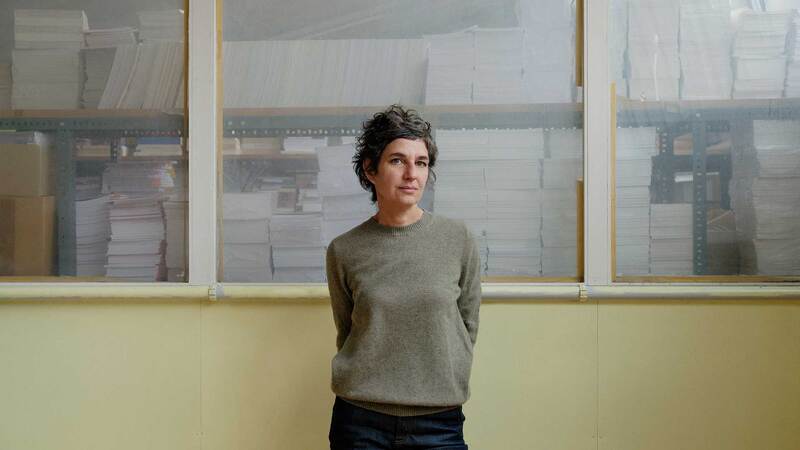You are viewing your 1 free article this month. Login to read more articles.
Contract terms debated at BEA
A Big Five c.e.o. advocating for a flat rate royalty across formats? A long-established independent publisher defending the Big Five? Both happened on the first day of BookExpo America (BEA) when Authors Guild president Mary Rasenberger convened a panel with Hachette Book Group c.e.o. Michael Pietsch, Grove Atlantic president Morgan Entrekin, and New York lawyer Jonathan Lyons, to discuss the Guild’s Fair Contract Initiative (FCI).
While recognising that publishers are “also under pressure,” Rasenberger stated that, according to a recent Guild survey, the mean income of authors is down over 30%, and many are highly vulnerable. Focusing on duration, reversion, e-book royalties, option clauses, and non-competes, we must look at agreements in a new way, she argued.
“My authors are receiving more revenue from the pie than ever before,” Entrekin countered, but admitted that while authors who generate a lot of revenue are getting more of the pie, “those who are suffering are the ones in the middle.” He also allowed that, “I’m losing money on at least a third to a half of the books I publish…but I’m not trying to think economically on writers I’m trying to develop.”
Some points elicited broad agreement. “I’m happy to take the option clause out,” Entrekin said. “It’s not worth fighting over,” Pietsch concurred.
But Entrekin went on to differentiate between “agents with whom I can have a single transaction relationship,” and others “with whom I can have multiple transaction relationships,” and at that point took it upon himself to say: “I’m impressed by how honourable and ethical this business is,” and to speak up especially for the big houses, and “the quality of publishing that comes out of the Big Five. We’re lucky we have those types of companies in the business.”
Royalties, especially e-book royalties (the Guild would like to see a 50/50 split in net proceeds), and the matter of contract duration (it would like authors to be able to get rights back after seven-10 years) unsurprisingly did not inspire anything like the option clause consensus.
Pietsch insisted that the Guild’s stance on duration “would have a significant impact on the financial dynamics of the publishing world, and make it harder to invest in new books or take chances.”
He pointed out that in the past 15 years, “the amount that Hachette has paid to authors in advances has increased by 50%.” He (and Entrekin and Lyons) also talked about flexible arrangements some authors have been able to negotiate over profit sharing etc. The short answer to e-book royalty rates is that you can’t look at them “in isolation,” Pietsch emphasised.
Indeed, he asserted that rates across all formats need to be reconsidered, since our current system has been cobbled together over many years, and features rates and escalating steps in the life of a book that do not necessarily make sense in today’s world.
“For the future of the business, I’d like to discuss a single royalty rate across all formats. But we also have to discuss the advance.”


















